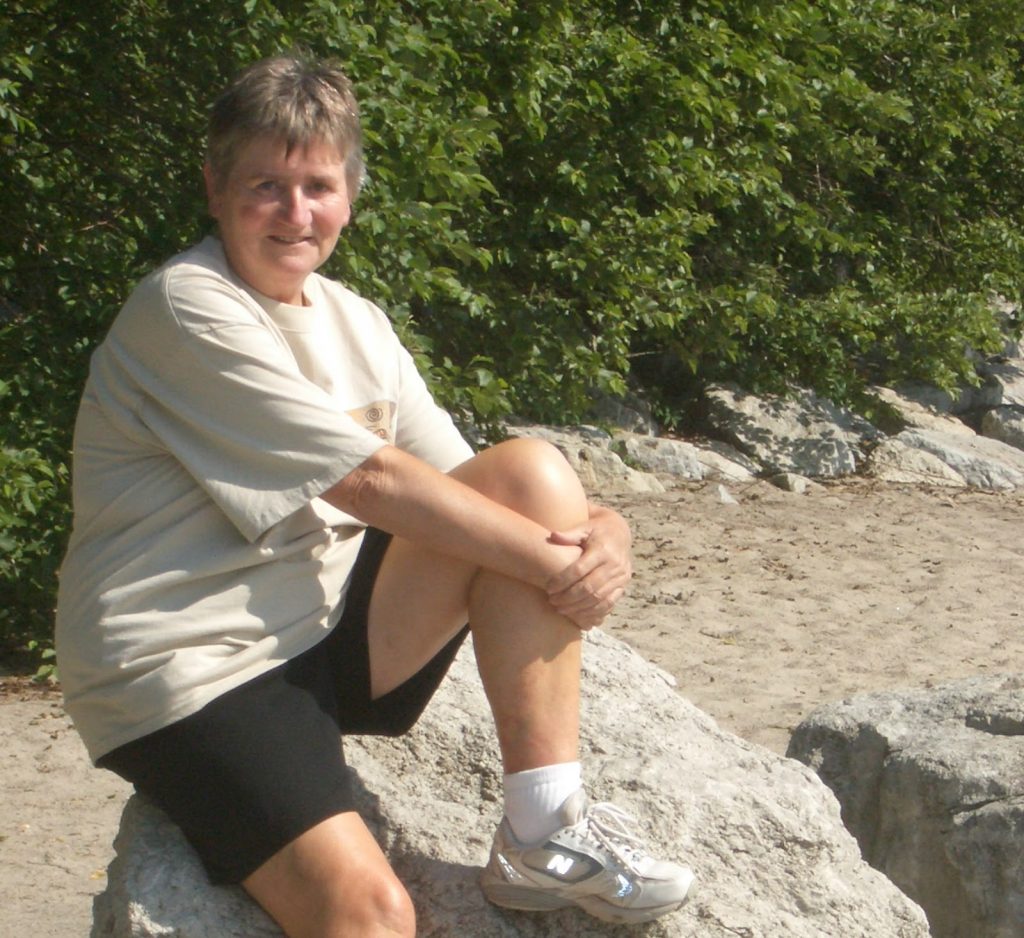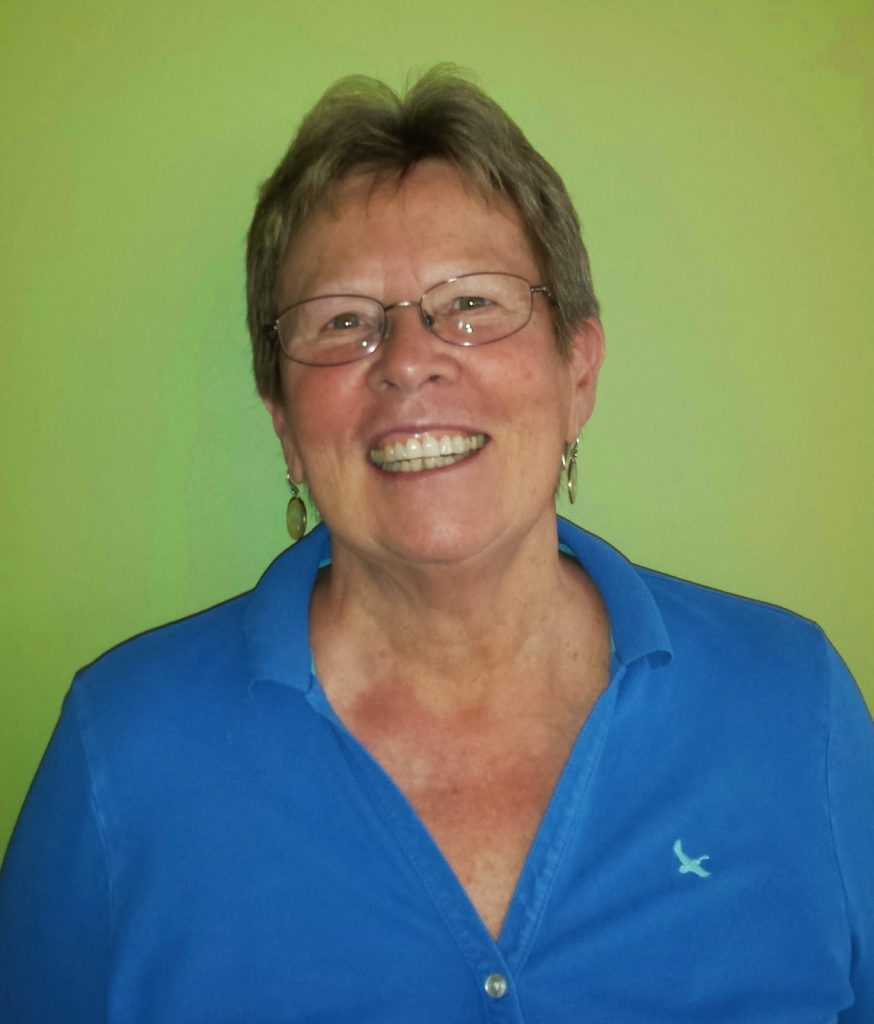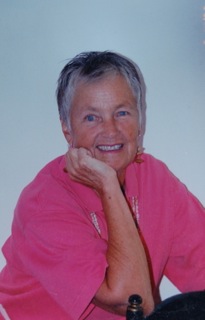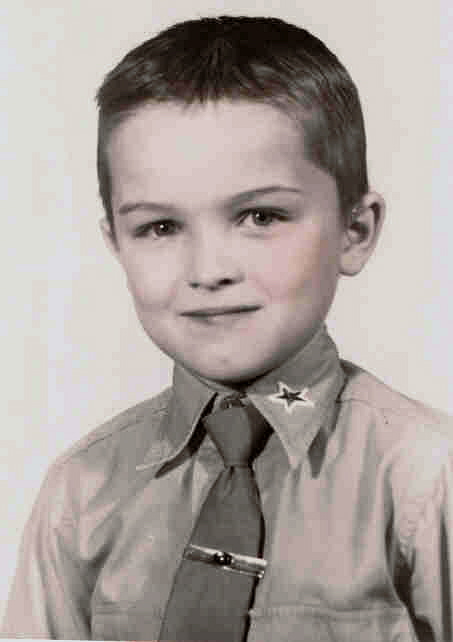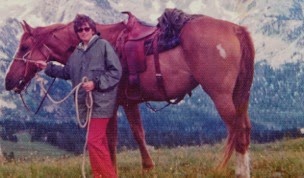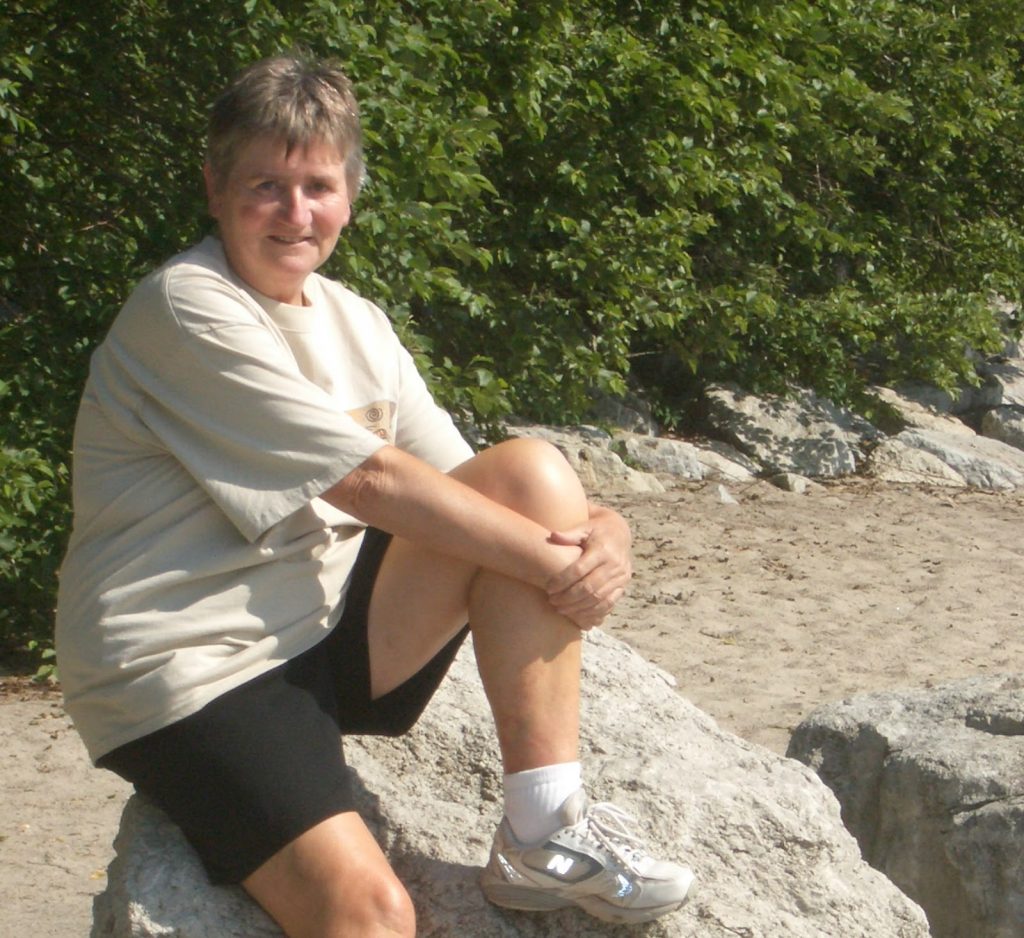To view human beings
as largely well informed and rational is sadly misleading. Ignorance and emotion seem to have a far
greater influence on people’s thinking and beliefs. We find evidence of this in all walks of
life, politics, science, social issues, cultural. This is especially true with especially
sensitive or controversial topics.
People too often are even afraid to discuss some issues. For today’s topic, I decided to accept the
challenge. I have tried to be as precise,
thoughtful, and factual as
possible. Please bare with me, for this
subject can not be considered in just one, glib paragraph.
When considering the
topic of “Forbidden Fruit,” I imagine that we can use this topic simply as a point of departure for
ideas that can go off in many different directions. All kinds of desires and cravings can be
considered to be “forbidden fruit” depending upon what we are taught growing
up. We are profoundly affected by what
we learn from parents, religion, social mores, laws of the land, and what we
continually hear on sensationalized TV news.
Yet, I suppose that
the one concept of “forbidden fruit” that immediately comes to mind for most
people is sexual. This is not
surprising, considering that Puritan roots and Christian-Judeo perspective
continue to have such a profound effect upon our nation. Hypocritically, at the same time that many
people express moral outrage at some sexual behaviors, they may actually enjoy
being titillated by anything sexual, rather like naïve adolescents as opposed
to thoughtful adults. Then there is the
not-surprising scientific research substantiating the fact that many bloviating
homophobes actually fear their own latent homosexuality. Ignorance, fear, loathing, and hypocrisy do
not permit an insightful, constructive discourse.
When I pondered which
“forbidden fruit” our current society considers to be the “most forbidden,” I suppose that the answer must be
pedophilia, the love or attraction to young people. The term derives from the Greek philos,
meaning “beloved, dear, loving,” although the suffix “philia” now has a
negative connotation. This subject has
become so sensitive that most people either avoid discussing the topic entirely
or they repeat the emotionally charged condemnation that they have learned
without exploring the nature of, or contributing factors to, pedophilia. In this presentation, I to try to look
logically at the phenomenon.
Both in my
professional career working with people’s heads, along with chance encounters
over the years, I have met any number of people who have trusted me with the
revelation that they feel such attraction.
Apparently, it’s not uncommon, perhaps as many as several million people
in the U.S. alone. It is very important
to recognize that not all pedophiles are alike.
Some are older adults, whereas others already recognize harboring such
attraction upon the onset of puberty or even earlier. Many are male; some are female. The objects of their attraction may be boys
and/or girls, who may be teens or even very young children. Some people struggle with suppressing acting
upon such attraction. Some people
sublimate their thoughts into acceptable activities. Most therapists have little or no
understanding or training in this field, and little professional assistance has
been made for non-offenders. In our
society, however, any overt expression of such desire can have draconian social
and legal consequences. In my
profession, I never was in the position of having to address such an attraction,
nor did I consider myself thoroughly prepared to do so. That was not my field.
When acquaintances
have made such revelations to me, I tried to be as reasonable and constructive
in my responses as I can. When the
objects of attraction are teenagers, I do not spout the usual sound-bites of
obligatory morale outrage, which would be counterproductive as well as
irrational. I try to use some sound
critical thinking skills in exploring this sensitive topic, but I certainly do
not have all the answers. There is no
such thing as simple answers to anything; every true answer is
multifactorial. I am, however, dismayed
by the idea of abusing very young children and of pornography sites that
specialize in such behavior. That
behavior is so foreign to my way of thinking that I am unable to address it
other than to regard it as pathological.
Another behavior that
all persons should condemn in any sexual encounter is coercion, force,
or violence in any form. The young, and
especially the very young, are more vulnerable; therefore, force or violence
against any young person is especially egregious, although adults are not
immune to violence either. Far too often
in our society, people are the victims of rape and battery. And, violence in many non-sexual forms
continues to plague our society. When it
comes to sexual or physical attraction to teens or young adults, if someone
claims to truly care about somebody or actually love that person, logically
there is absolutely no place for coercion, force, or violence.
I am aware of a very
disturbing fact: too often violence accompanies sexual acts, whether the
partner is a woman, young man, or child.
Some percentage of those repugnant attacks well may be from undiagnosed
sociopaths, but there is yet another factor that raises a very disturbing
question. I know of some cases where men
were so concerned for their macho image and disturbed by their own sexual
predilections that, upon completing the sexual act upon a teen or young adult,
they have beaten up the weaker partner, supposedly just to prove to themselves
that the attacker is no less of a man.
If one stops to ponder this fact, the question is raised: is the answer
simply that the attacker just lacks the ability to feel empathy for other human
beings, or has society instilled in him so much fear and loathing for his
desires that he resorts to violence to expunge any feelings of guilt and
shame? To my knowledge, no research has
been done in this specific area.
What factors,
therefore, can be considered in attempting to understand such attraction? Frankly, one would be hard-pressed to find
anyone in the field who might be able to provide a fairly full answer.
Understanding
attraction to teens and young adults might be easier to understand. Youth usually is equated with good health,
something all people desire. As we age,
we increasingly become vulnerable to disease, injury, physical deterioration,
loss of virility and athleticism, and loss of aesthetic appeal. The often futile desire to appear young has
resulted in the creation of weight-loss
clinics and gyms, skin-creams, lipstick and rouge for women, and wigs for bald
men. The hackneyed joke about
middle-aged men is that they may feel compelled to buy impractical sports cars
in an attempt to feel young again.
Aesthetic appeal also
is a major consideration. Studies show
that people innately are attracted to fine facial features, smooth skin, full
heads of hair, clear eyes, good teeth, and lean bodies. It did not take modern psychological research
to come to that conclusion. All one
needs to do is look at the statues carved by Greek, Roman, and neo-Classical
sculptors, along with the paintings from the Baroque and neo-Classical periods. The young nude obviously was admired in those
times. Our own society often avoids such
fine arts, considering that so many people find such things offensive if not
down-right frightening.
More than one person
has raised the question about the peculiar clothing style for young males that
has persisted for so long in America and even is infecting styles
over-seas. Whereas young woman often
wear clothes and bathing suits that leave nothing to the imagination, with bare
buttocks and mostly exposed breasts, young males have been given for many years
now very baggy clothes, long gym shorts, and even baggy pants to swim in. A swim coach recently remarked to me that
trying to swim in those baggy suits is like trying to drive a car with the
hand-brake on. He must send away to
order comfortable swim suits. He
wondered if people of influence have decided that the male form should be
covered up; otherwise, males might garner prurient attention. Usually, styles change fairly quickly. In the case of baggy clothes for males,
however, the cover-up seems to persist.
Is it possible that America has become so paranoid about male attraction
that real swim suits and better fitting pants will never be offered for sale
again? Is it too hard for adults to
control their feelings and behavior to allow such clothes? Or, have people’s thinking just become
skewed?
It is sensible that,
in any civilized society, simple aesthetic appeal can not be a rationale for
sexual contact with too young males or females.
If the desire for contact is some subliminal hope that such contact will
magically make the older adult young and attractive again, such magic does not
exist. If such contact simply is for
physical gratification, having sex would be just using someone, not a real
expression of love. Using someone should
not be acceptable whatever the age.
After all, human beings should have a greater sense of morality and
empathy than a dog humping your leg.
It is true that young
people are, in fact, sexual beings. They
are not the asexual beings as purported in Victorian England. There is plenty of research that supports
that fact, and I certainly saw much evidence of that when I was a camp
counselor for two summers. I even
witnessed a couple of occasions with youths propositioned counselors. That does not mean, however, that the adult
has the green light to act upon it.
Thoughts throughout
history regarding sexuality are so mixed that what is taboo is not a law set in
concrete. There have been some
interesting differences in what was considered taboo and what was not. For example in the golden age of Greece,
especially in Athens and Crete, and among the aristocracy, love and sex between
a young man and an adolescent boy on the cusp of puberty was not only
acceptable but also admired, so long as both persons acted with dignity and
responsibility.
What was considered
taboo among that society was if the man was far too old or if the boy was too
young. Interestingly enough, a boy of,
say, eleven or less, probably was considered too young, not because of his immature
physical development, but rather, because too much attention and admiration
lavished upon the youngster possibly could skew his thinking and result in an
inflated perception of himself.
The older person, of
course, was required to be the mentor of the younger person and to assist in
his development. If the younger person,
the eromenos, misbehaved, that was a poor reflection upon the mentor,
the erastēs. Odd by our standards
today, if the mentor was of admirable class and breeding and the youth found
the suitor acceptable, the man was permitted to carry out a ritual abduction of
the ephebe as a celebration of the union. Some museums today contain Greek vases with
sexually explicit scenes that were gifts given by the erastēs to the
eromenos. The general acceptance of, using the Greek term, paideresteia,
even was idealized with myths such as of Ganymede’s abduction by Zeus, and
Apollo’s love for Hyacinthus.
Historically famous is the union of Caesar Hadrian and young
Antinous. Of course, in today’s society,
such relationships would not be understood, let alone tolerated. What questions does such a dramatic contrast
in societal mores raise?
During a few centuries
in Europe, men held a peculiar philosophy regarding sex and relationships in
general. To varying degrees, society
then was misogynistic. For the most
part, women were second-class citizens but necessary for breeding. Masculinity was to be admired. Considering the uniformed state of science of
the time, it was believed that the preferable maleness was equated with heat, whereas
the feminine was equated with cold. Too
much contact with woman, both sexually and in daily living, could diminish a
man’s heat. So in addition to any
aesthetic appeal of youths, a man supposedly maintained his desired heat by not
having “excessive” contact with females.
An added plus, of course, was that a union with a youth would not result
in unwanted pregnancy.
There certainly is a
lot of hypocrisy about pedophilia even today.
For centuries, the men of Afghanistan have had a reputation for being
brutally macho and for denigrating women.
Anyone suggesting to an Afghan man that he was lacking in masculinity
could cost him his life. Yet at the same time, Afghan tribesmen,
especially the most prominent Pashtunmen tribe, enjoy having adolescent boys
dress up as girls, dance for them, and then have sex with them. These men claim that they are not gay because
they do not actually love the boys; they merely use them. I noticed that, over the dozen or so years of
the Afghan war, our government, Department of Defense, and major new media have
avoided mentioning this continuing tradition of dancing boys (Bacha Bazi)
while our troops were supposedly bringing American-style democracy and
civilization to the barbarians.
Despite severe laws in
our own nation, hypocrisy has rained supreme.
At one time in New York City, for example, law-makers and political
power-brokers had a private club that included having sex with underage males. I am aware of numerous examples of persons
with much money and influence doing what they please, protected by their money
and power, whereas the average person tends to be in much greater danger of
being caught and suffering the consequences.
What does it mean about a society that professes one thing but does the
opposite for some people?
Further, what may be
declared legal or illegal has varied greatly from state to state and nation to
nation. What may be declared illegal at
seventeen in this nation may be declared legal in Britain, legal at sixteen in
several countries including France, fifteen in some countries such as Denmark,
fourteen in several countries such as Austria, Germany, and Estonia, and
thirteen in Spain. The age of consent is
a legal concept, not so much a standardized psychological demarcation. People develop physically and emotionally at
different rates. Balancing law with
human nature is a tricky prospect. How
much thought has been put into this question in our own country?
Perhaps the aspect of
pedophilia least likely to be discussed is the frequent claim of “irrevocable psychological harm done” and
“being scarred for life.” When it comes
to near-age partners, this assertion needs to be examined dispassionately. Certainly, there are cases where coercion,
force, or violence have resulted in trauma.
The fact remains, however, that there have been, and continue to be,
short-term and long-term interactions between teens and adults that are
mutually desired and apparently without the younger partner feeling “abused,
molested, traumatized.” Again, no research
has been conducted in this area.
I recall cases told to
me by two young men where their long-term relationships were described as very
loving and rewarding. Surprisingly
enough, I also have seen comments regarding the film “For a Lost Soldier,” that
centers upon such a relationship, posted on YouTube stating, “I wish that had
happened with me.”
How the two cases told
to me ended raises some very important, thought-provoking questions. In each case, each person, now of adult age,
sought help from licensed psychiatrists because of family difficulties. When the psychiatrists were told of the
relationships, they (along with the families) immediately expressed the
currently popular outrage. They
instructed the two to think of their experiences as “disgusting, evil, and
having harmed them for life.” Only after
they were told this did they begin to feel upset. So, the logical question is, were they each,
in fact, traumatized by their experiences, or were they taught that they must
feel traumatized? Would they have felt
ashamed and traumatized had those experiences occurred in the Greek era? How much responsibility does society bare for
some people feeling traumatized? These
are questions that most people fear to consider. I don’t have all the answers, but at least I
have rationally considered the questions.
It is true that many
people’s thinking regarding sex is based primarily upon religious beliefs and
current societal mores. They are not open to consideration of additional
information. Yet, it is that additional
information that may help to clarify society’s understanding of
pedophilia. This clarification is
necessary, for pedophilia is not a rare or recent phenomenon. It has existed throughout known history.
There is the
possibility that, with some pedophiles, some basic emotional need, stemming
from learned childhood experiences, prompts attraction to young people. Also, in addition to learned experiences,
modern research shows that human sexuality is not binary, male or female. Instead,
because of dozens of differences in brain and endocrine physiology,
sexual identification and attraction vary greatly among people, ranging along a
wide scale. Consequently, there appears
to be some innate quality among some people prompting them to have a greater
than average attraction to the young physical form. I believe that it would be beneficial to
inquire as to why this is, to see it possibly as an innate predilection among
some people rather than a conscious, deviant choice.
There is so much more
than can be said about this subject, but let me finish with one last
thought. Regardless of what the
contributing factors of pedophilia are, anyone with such feelings is saddled
with the difficult obligation to live within the current mores and laws of the
society in which he resides. And frankly
when it involves very young children, everyone should be. Theoretically, if someone is attracted to
teens, one can choose to live in a different country than ours; however, that
is not so easy as, for example, feeling uncomfortable with the teachings of one
church and changing to a different one nearby.
Someone troubled by
his inclinations may benefit from counseling.
There are some professionals who are more understanding and sympathetic
than the two I referred to earlier and who possibly can assist in dealing with
such feelings. The search may not not be
easy, for most therapists have little or no training in this area, especially
for non-offenders. Ironically, the
number of individuals independently seeking help recently has declined because
of the fear of exposure based upon so much sensationalized coverage in the
media. The few professionals who are
assigned to treat pedophiles may have a skewed view of the subject from the
hard description detailed in the current Diagnostic and Statistical
Manuel.
One possibly helpful
source may be found by searching on-line for a well run self-help group. For example, a group was started by a teen
pedophile who spoke in an April 11, 2014, interview on “This America
Life.” That program has a link (starting
at 28:17 to 55:17.)
What I have presented
here is only a small portion of information regarding this human phenomenon of pedophilia. For the sake of society as a whole and the
people who are involved, a better understanding would be helpful, rather than
responding just with knee-jerk condemnation.
Only when it is better understood can society and the concerned
individuals begin to deal with it in a rational and constructive manner.
© 28 March 2014
About the Author
I have had a life-long fascination with people
and their life stories. I also realize
that, although my own life has not brought me particular fame or fortune, I too
have had some noteworthy experiences and, at times, unusual ones. Since I joined this Story Time group, I have
derived pleasure and satisfaction participating in the group. I do put some thought and effort into my
stories, and I hope that you find them interesting.
